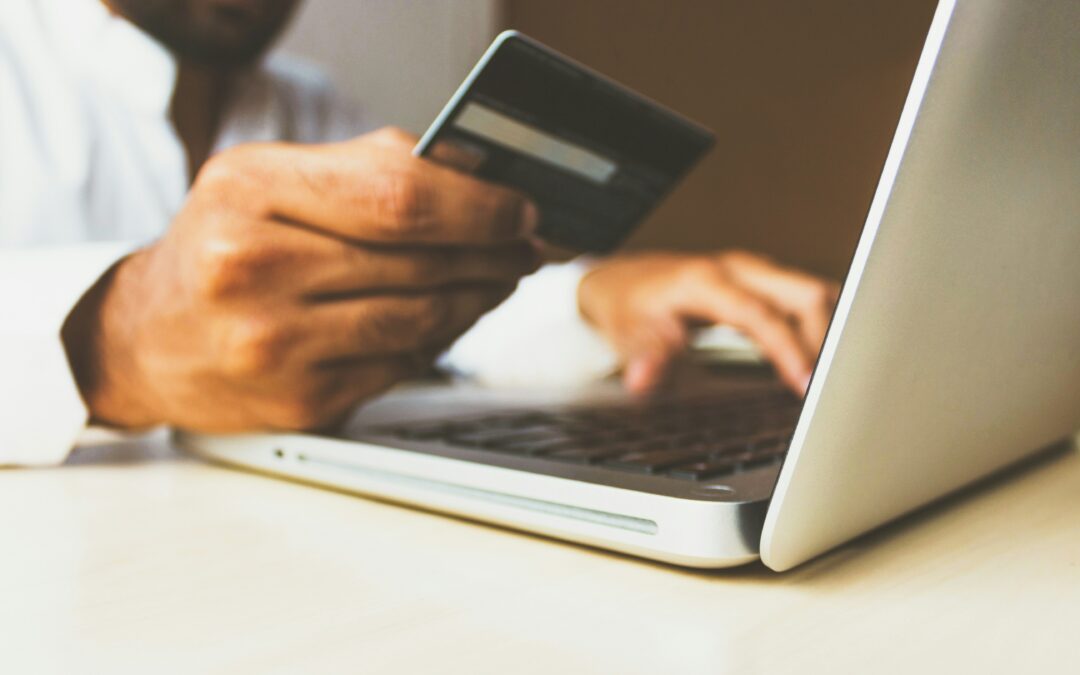Since the development of the internet, many things have changed. The way we bank and access our accounts is one of them. Making deposits and withdrawals from a local bank branch was once required. Checks can now be deposited by taking a picture of them with your phone.
In the world, roughly 73% of people use internet banking at least once each month. Never before has account access been so convenient for people. But there may be a price for that convenience.
It can be very annoying if your Facebook account is compromised. But, it could be disastrous if a hacker gains access to your bank account. It might result in large losses. Losses from your financial institution that you might not be able to recover.
We’ll look at the errors people make that put their accounts at risk in this article. Next, we’ll go over some crucial advice on how to improve the security of your bank account.
Mistakes That Allow Criminals to Access Your Account
Not Enabling Two-factor Authentication
The straightforward procedure of two-factor authentication (2FA) has a powerful impact. It takes an extra step to gain access when you enable this setting in an online account. Typically, that step entails logging in with a one-time passcode (OTP) that you received via SMS.
Wrongfully leaving this disabled is a common mistake. They perceive it as excessively inconvenient, or they are unaware that it exists. However, if this setting is left on, it will be much simpler for a malicious party to access your account.
Falling for a Phishing Scam
Phishing scams can take many different forms and target online banking. Emails impersonating your bank are sent by cybercriminals. They even guarantee absurdly low credit card rates.
Notifying you of unauthorised account activity is a common tactic used in other scams. You’re actually on a phoney page when you click the login link, one that is intended to resemble the standard website of your bank.
These methods are just a few ways scammers can obtain your login credentials for online banking. Once they’ve got them, they’ll move quickly to obtain whatever they can.
Using Easy-to-Guess Passwords
It’s usually simple to guess your account password if it’s easy to remember. Weak password usage is a frequent error that gives many online criminals access.
The following are some password best practices:
- Make them at least 10 characters long
- Include at least one number
- Include at least one symbol
- Include at least one upper-case letter
- Don’t make them personal (e.g., don’t use your birthdate, etc.)
Downloading Unsafe Mobile Apps
Malicious mobile apps are frequently disguised as banking trojans. These applications may have an innocent appearance, resembling a task manager. However, banking trojans look for any information they can find once they’re installed. They are searching for wallet and banking applications.
Logging Into Online Banking While on Public Wi-Fi
Using public Wi-Fi to log in to your online banking is one surefire way to reveal your password. Hackers congregate in public areas to observe other people’s activities. When using public Wi-Fi, you should never enter a password or other sensitive information.
Tips for Improving Online Banking Security
Turn On Two-Factor Authentication
Turn on two-factor verification for your bank account online. Two-step verification or multi-factor authentication are other names for this. Microsoft claims that it can stop 99.9% of bogus attempts to log into accounts.
Set Up Banking Alerts
In the event that someone hacks into your account, time is critical. It’s best to notify your bank of the breach as soon as possible. Your account could be locked down right away to lessen the impact on you.
Use your online banking to set up banking alerts. These may consist of alerts for low balance and login.
Install an Antivirus & DNS Filtering On Your PC & Mobile Device
Having trustworthy antivirus software on your computer and mobile device is essential. This is not how many people consider safeguarding their phones. They use mobile devices for banking and shopping, though.
Using a DNS filter is also a good idea. This filter works to prevent you from visiting risky phishing websites by blocking them.
Take Cyber Security Training Classes
Are you able to spot phishing attempts? Are you aware of the most recent scams? It is possible to reduce your vulnerability by enrolling in our cybersecurity awareness courses.
Being able to recognise phishing attempts by text, email, and phone will help you stay out of trouble.




